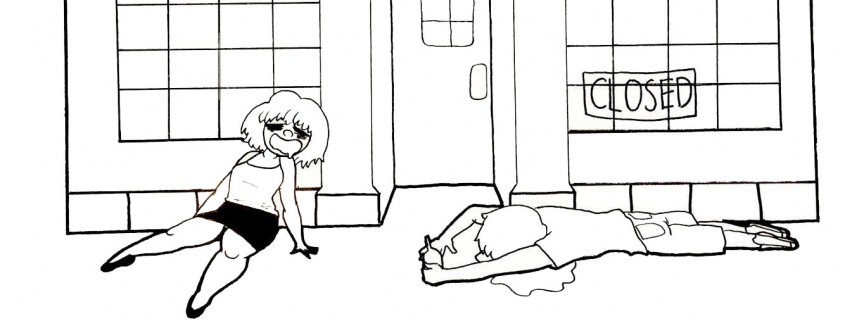Extending alcohol service hours endangers Los Angeles
L.A. nightclubs and bars may soon be able to stay open later into the night if the Let Our Communities Adjust Late Night Act, or LOCAL, is signed into state law. This bill would remove the statewide restriction on alcohol being served past 2 a.m. and instead push the curfew to 4 a.m. Proponents argue that the current restrictions are outdated and unnecessary, pointing to cities such as New York City and Chicago that allow alcohol to be served around the clock, and protect the city’s young people.
From a financial standpoint, the bill appears to be a no-brainer. It can create jobs and businesses for communities while generating tax dollars from additional alcohol sales. But that being said, lawmakers also have a responsibility to have a serious conversation about how this bill will impact public safety. Supporters argue that this bill will create safer nighttime entertainment options in the L.A. area by making it easier for clubs to make enough money that they don’t have to operate illegally and without regulation. However, scholarship does not support this position. Instead, research by both the World Health Organization and the American Journal of Preventative Medicine shows that similar extensions of drinking hours have led to increased alcohol-related emergency room visits, drunk-driving cases and assaults.
It’s no wonder that law enforcement and neighborhood groups oppose the bill. While advocates of the bill assert that services such as public transit and Uber diminish the danger of drunk driving, this “Uber effect” remains untested. And there is still nothing in place to prevent expected increases in assaults and alcohol-related injuries if drinking hours are extended.
As currently written, the bill would not require cities to push their serving time back to 4 a.m. Instead, they would have the option to set closing time so long as it is not past 4 a.m. At first, this stipulation appears to make sense. It allows each city to assess its resources to ensure that the change can be made safely. However, in practice, this provision could attract more people from surrounding towns into large cities because of a later closing time.
This effect has been observed in border cities such as Detroit. When neighboring Ontario, Canada provinces stopped selling alcohol an hour before the bars in Detroit, partygoers from Ontario would drive across the border to go to Detroit bars and nightclubs, which had later closing times. This case demonstrates that, if LOCAL passes in California, cities with later closing times will draw people from surrounding areas. The distance will make it prohibitively expensive for these people to Uber to and from the city with a later closing time, making it exponentially more likely they will drive under the influence.
Studies have shown that one of the most effective ways to reduce the harms of alcohol is to limit the times when alcohol is available for purchase. LOCAL favors projected economic gains over the well-being of affected Californians. To make matters worse, the politicians and business groups supporting this bill have used extreme examples, such as the fire last year at an illegal nightclub in Oakland that killed 36 people, to argue that this bill will make California communities safer.
LOCAL is a trade-off between public safety and business growth. There is little evidence to support an assertion that allowing bars and nightclubs to serve alcohol only until 4 a.m. will hurt local economies and even less evidence to support a claim that pushing back the last call will make cities safer.

